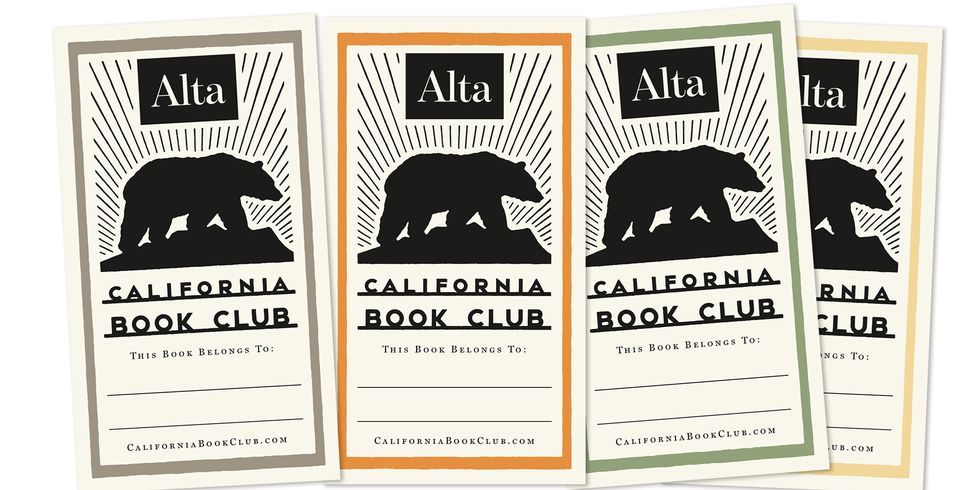Every week, I load the dogs into the car and drive to infinity. That’s what I tell people so that they understand the feeling and don’t get stuck on the noun. The noun is the ocean.
People are always gathered here, or they’re coming here, or they want to go here. Stinson Beach, about a 40-minute drive through the hills on curvaceous roads. Driving, I’m already there, imagining it because by the time I get in the car, I need it. The dogs know where we’re going; they’re already whining, a high-pitched sound at the back of their throats.
The dogs leap out and dash for the water and run ecstatic circles, and I’m just standing there, bare feet sinking in the forgiving sand, staring at the ocean, the rolling waves, and beyond to the faraway where sky meets water, a long thin line of deep blue, and it’s that line and the rhythm of the waves, rolling in, rolling out, and sand and sea air, the laughter and dogs and children digging holes, images that slip into me and I feel infinity, by which I mean something greater than myself, something that feels a lot like love. Inside me, a capaciousness, an exquisite expansion I never could have created alone. Here, I think, I’ve found my best self.
Up and down the more than 1,000 miles of California coastline, people gaze at the ocean. They’ve pulled over in their cars, or they stand on the sand, or they look out a window. Here, you believe you’ve found a spot on the earth where everything is OK; you think, Sure, there are problems in the world, but not here, this glimmering refuge.
I wish with all my heart this were true.
Since the Industrial Revolution, the oceans have been the dumping ground for almost one-third of the carbon dioxide released by humans and more than 90 percent of the resulting heat, writes Rosanna Xia in her well-researched, captivating book, California Against the Sea: Visions for Our Vanishing Coastline. It’s a brute fact that warm water expands, which means the sea is rising. The Pacific Ocean, the largest ocean on earth, has become a body of heat and CO2. Heat is a killer for marine life, and when CO2 mixes with salt water, the acidity increases, which is another dose of death.
At Stinson, behind me is a small town and a row of multimillion-dollar houses perched right on the sand. All along the coast, you’ll find these towns and seaside houses, front-row seats to the ocean, home to people living the California dream. But when atmospheric rivers bring torrential rain and spur high tides, the ocean charges down streets, slams into houses, rips out fences and docks, and grabs one-ton boulders—a so-called seawall—whisking them away as if they were popcorn. War has broken out: people versus ocean, with proliferating seawalls. But when a wave smashes against the walls, writes Xia, it scrapes sand away from the beach. The wall disrupts the natural replenishment of sand. Sandy beaches become a memory. And soon the wall that worked won’t because the sea level keeps rising.
Water bodies. That’s what we are. Water sloshes around inside our grown-up bodies, which were formed in a pool of salt water. I’m drawn to water like a fish. I grew up on a lake, with the Puget Sound and the Pacific nearby. Mostly, I was in these bodies of water.
Like now, wetsuited, diving under the cold waves, the dogs swimming with me, the water pulling me out and pushing me back to shore. A seal pops up, a shiny brown head, big black globular eyes. And now, feeling the push and pull, I’m thinking about Robin Wall Kimmerer’s Braiding Sweetgrass and how, in her Indigenous language of Potawatomi, 70 percent of the words are verbs. Ocean is not a noun, which is static, a thing, but a verb, “to be an ocean.”
The ocean is very much alive. It rushes in and retreats, sometimes gently, sometimes forcefully. Sifting and shuffling and moving the sand. Offering a home for coral and fish and birds and seals and whales and mussels. The ocean sings in the shell of your ear, drowning out everything else, and the lyrics might be that you’re a small story in a much bigger one.
All those “ands” tucked in between the verbs, nouns, and adjectives. So easy to miss but utterly profound. “And” is connecting everything to everything else. Meaning: humans and ocean and marine life and rising waters. Meaning: What we do matters to everything else. We’ve changed the ocean, and maybe, as Xia reports some California communities have done, we can change for the ocean. You put a string of “ands” together and there’s a sense they could go on and on—that feeling of the sea.•
Join us on Thursday, July 17, at 5 p.m. Pacific time, when Xia will sit down with CBC host John Freeman and special guest Marthine Satris to discuss California Against the Sea. Register for the Zoom conversation here.
CRITICAL FABULATION
Alta Journal books editor Anita Felicelli interviews Nishant Batsha about A Bomb Placed Close to the Heart and the historical figures behind it. —Alta
HORROR AND EURIPIDES
Read critic Celia McGee’s profile of Los Angeles novelist and Alta contributor Ivy Pochoda, author of Ecstasy. —New York Times
JULY RELEASES
Here are 12 titles of and about the West that are publishing this month. —Alta
FRIENDSHIP AND RESISTANCE
Read an essay by Doug Peacock, author Edward Abbey’s inspiration for one of the eco-saboteurs in The Monkey Wrench Gang, a novel that turns 50 this year. —Alta
Alta’s California Book Club email newsletter is published weekly. Sign up for free today.

















